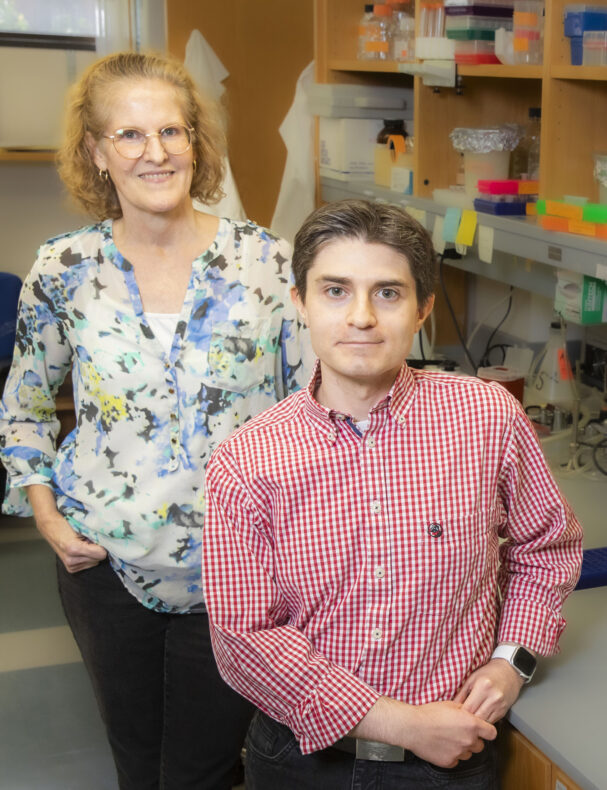
August 6, 2025
Clues offer new hope for treating GI tract disorders
Hirschsprung disease is a congenital disorder that occurs in approximately 1 in 5,000 babies. Caused by a lack of ENS neurons in the muscles of the colon, Hirschsprung disease disrupts gut motility, resulting in bowel obstruction.
By Bill Snyder


